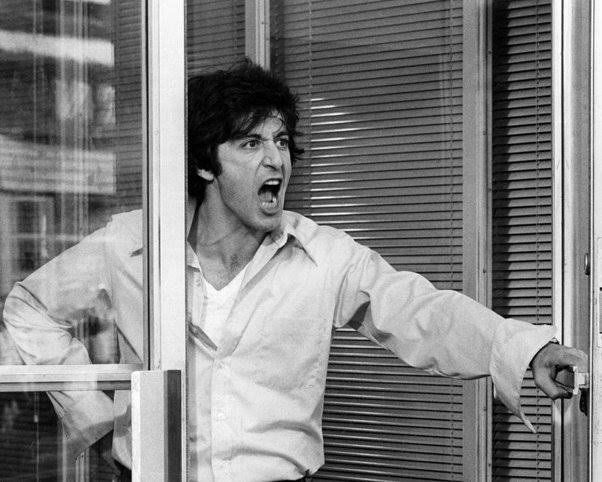
Al Pacino: The Quintessential Actor Who Transcends the Ordinary
Al Pacino is often hailed as one of the greatest actors of all time, and for good reason. His career, spanning over five decades, is a testament to his remarkable talent, versatility, and dedication to the craft of acting. What sets Al Pacino apart from other good actors is a unique combination of his intense commitment to his roles, his distinctive acting style, and his ability to deeply connect with his characters and audiences alike.
### Unparalleled Commitment to Roles
One of the key factors that make Al Pacino insanely good is his unwavering commitment to his roles. Pacino is known for immersing himself completely into his characters, often going to great lengths to deliver an authentic and compelling performance. This dedication was evident early in his career with his portrayal of Michael Corleone in “The Godfather” series. Pacino’s transformation from the reluctant heir to the ruthless mafia boss is a masterclass in character development, showcasing his ability to convey complex emotions and evolution over time.
Pacino’s commitment extends beyond just understanding his characters; he lives them. For “Serpico,” he spent months shadowing real-life NYPD officers to accurately portray the whistleblowing cop. His preparation for “Dog Day Afternoon” included studying the real-life events and individuals involved, ensuring that his performance as the desperate bank robber Sonny Wortzik was both believable and empathetic. This level of dedication is rare and sets him apart as an actor who truly embodies his roles.
### Distinctive Acting Style
Al Pacino’s acting style is another element that distinguishes him from his peers. Known for his intense and often explosive performances, Pacino brings a raw energy to his roles that captivates audiences. His ability to oscillate between quiet, brooding introspection and fiery, impassioned outbursts creates a dynamic and unpredictable presence on screen. This intensity can be seen in films like “Scarface,” where his portrayal of Tony Montana is both terrifying and mesmerizing, and in “Scent of a Woman,” where his performance earned him an Academy Award.
Pacino’s use of voice and body language is also noteworthy. His distinctive, gravelly voice and commanding delivery add depth and gravitas to his characters. His physicality, whether it’s the confident swagger of a mafia boss or the meticulous mannerisms of a blind man, further enhances his portrayals, making each character unique and memorable. This combination of vocal and physical expressiveness is a hallmark of Pacino’s style, contributing to his status as a masterful actor.
### Emotional Depth and Connection
What truly sets Al Pacino apart is his ability to connect deeply with his characters and, by extension, the audience. Pacino brings a profound emotional depth to his performances, allowing viewers to empathize with even the most morally complex characters. His portrayal of Michael Corleone, for example, is not just about power and corruption but also about the internal conflict and tragedy of a man torn between family loyalty and personal ambition.
In “The Devil’s Advocate,” Pacino’s role as John Milton (Satan) is a blend of charm and malevolence, making the character both alluring and terrifying. This nuanced approach enables Pacino to explore the full spectrum of human emotions, from vulnerability to ruthlessness, creating multi-dimensional characters that resonate with audiences.
Moreover, Pacino’s willingness to take risks and explore diverse roles demonstrates his versatility. Whether it’s playing a charismatic bank robber, a blind, retired Army officer, or a Shakespearean king, Pacino tackles each role with a fresh perspective, avoiding typecasting and continually challenging himself as an actor.
### Legacy and Influence
Al Pacino’s impact on the world of acting extends beyond his performances. He has inspired countless actors with his dedication, technique, and passion for the craft. His ability to elevate every role he takes on has set a high standard in the industry, making him a benchmark for aspiring actors. Pacino’s contributions to theater, through his work in plays like “The Basic Training of Pavlo Hummel” and “American Buffalo,” further cement his legacy as a versatile and dedicated performer.
In conclusion, Al Pacino’s unparalleled commitment to his roles, distinctive acting style, emotional depth, and connection with audiences make him insanely good and set him apart from other actors. His legacy as a transformative and influential figure in the world of acting continues to inspire and captivate, solidifying his place as one of the all-time greats.

